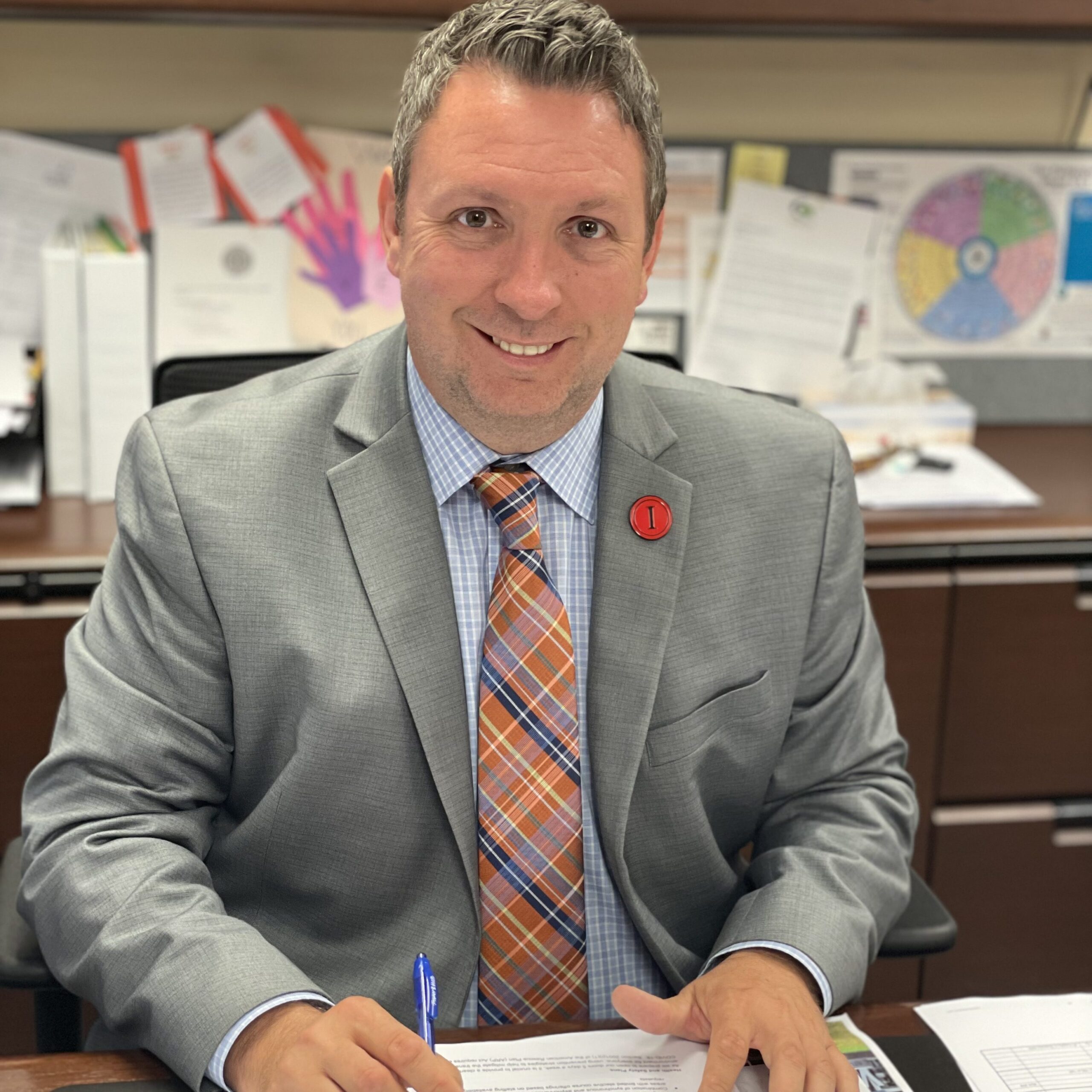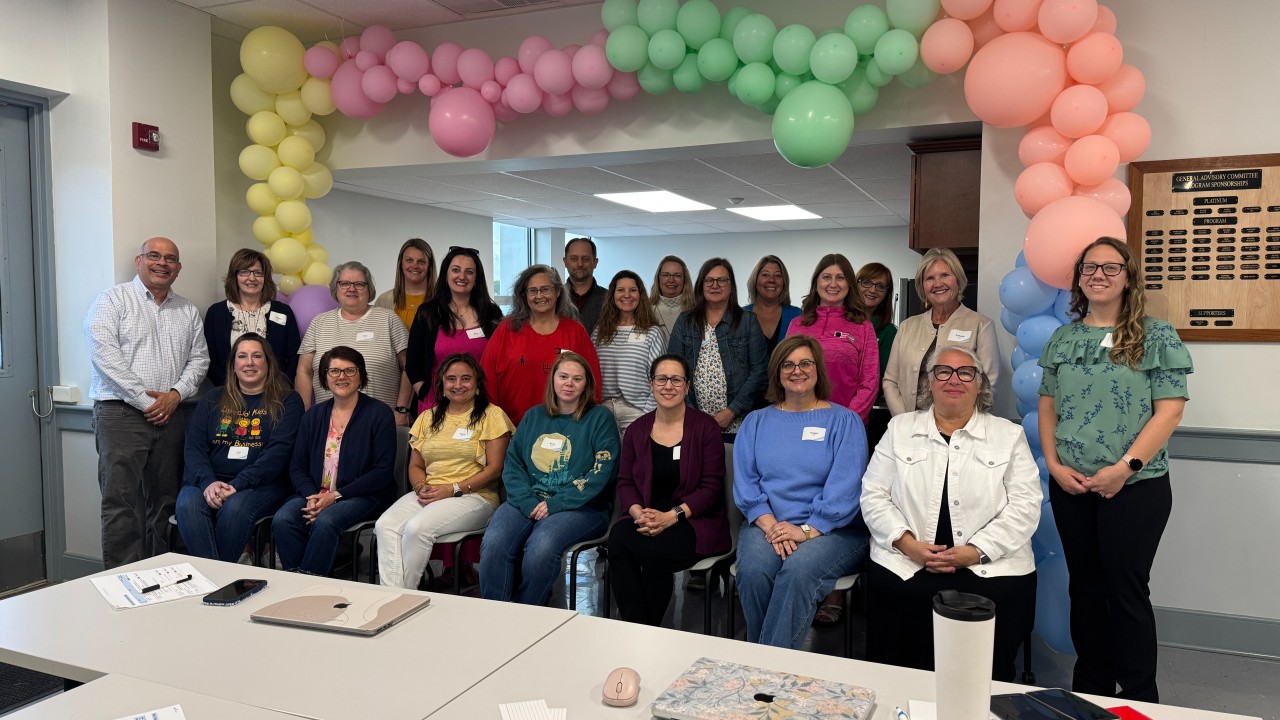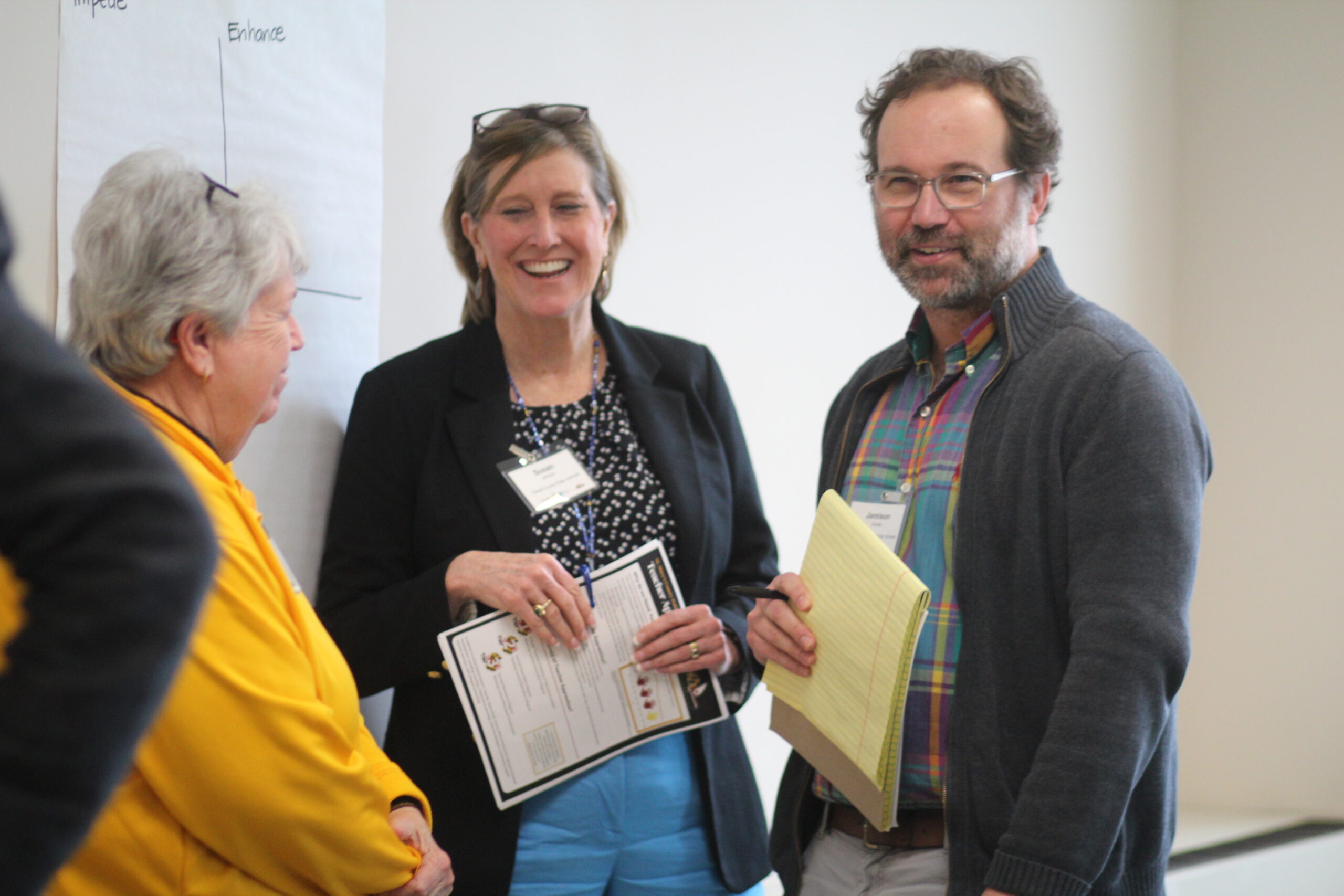
Superintendent Mike Vuckovich
By Ryan Delaney
Mike Vuckovich had always been “a high school guy,” having taught teens and then becoming a high school principal. When he was hired as superintendent of the Greater Johnstown School District, in western Pennsylvania, the focus of his educational leadership started shifting to younger students.
“I thought it was too late when they got to ninth grade,” he recalled thinking about students who had fallen behind academically. “It feels like we had to start earlier.”
Going through NCEE’s Superintendents Academy helped the newly minted administrator to “learn the value of early learning” and how it fits into the bigger education picture.
He went through the Academy in 2017, which introduced him and fellow superintendents to the research on top-performing education systems around the world and asked them to apply that learning to their work leading school districts. NCEE facilitators supported Vuckovich and his fellow educators to adapt those global best practices to their school community’s needs.
The big picture in Johnstown, a former steel manufacturing hub 70 miles east of Pittsburgh, is that it is now one of the fastest shrinking cities in the country. Vuckovich was facing high levels of poverty and a strained school budget. Its preschool program had been cut back for lack of funding before his arrival. Two-thirds of kids were not attending high-quality pre-K programs, he said, which was translating to children not coming to their first day of school ready to learn. He knew any efforts to expand quality childcare and boost children’s preparation for kindergarten had to be affordable and sustainable.
“Because of the school funding gap that existed, we knew we had to do something; we knew we had to respond quickly. But it couldn’t just be built upon good intentions. It had to be built upon evidence-based programming,” Vuckovich said.
The exact idea for how to help get young children ready to learn, however, happened outside of an official professional learning session, but instead in a hotel lobby. He was at a conference when he walked out of a session still pondering the challenge from NCEE’s Superintendent Academy: How to better serve families with young children to find child care and health services in a way that is both sustainable and scalable.
He sat down with Travis Huztell from the United Way of the Laurel Highlands and asked him for an overview of family support services in Johnstown. Over a drink, Huztell gave Vuckovich a rundown of the existing organizations in the area that work with families.
“We found there’s a lot of programs out there,” Vuckovich said. “Instead of just, you know, trying to come up with our own new program, how do we create a roadmap for parents to look at the menu of options, pick the one that suits them the best, all with the goal of getting (their kids) ready for kindergarten.”
Research shows that when young children come to school healthy and ready to learn, they tend to do well in school. High-performing countries provide support for young children and their families before children even arrive at school, which is why it is one of the tenets of NCEE’s Blueprint For A High-Performing Education System. That coordination and connection to social and health services can help ensure all students are supported to thrive.
Some of those countries offer parents support they may not have known they needed. Those can include community or school-based parenting classes or home visits from qualified professionals to offer developmental support to newborns.
Vuckovich worked with the United Way’s Huztell to bring together several service providers, other school districts, and secured $40,000 in grant funding to compile, organize and share information about existing programs and services.
They stitched together a quilt of the existing organizations and services onto a single directory, including Parents As Teachers, Nurse Family Partnership, and Head Start. Since just having the services would be of little use if the parents weren’t aware of their availability, the district blanketed pediatricians’ offices and community hubs with flyers and other information to connect parents to health and education programs.
Brochures were customized to each of the participating school systems, as a way to gain trust from parents. Posters were put up at pediatricians offices along with the brochures. They were also handed out at hospital maternity wards. Information was distributed through United Way’s call center and other non-profit service providers.
They’ve handed out 20,000 brochures across the county. The number of families participating in home-visitation programs, such as Nurse Family Partnership, has since quadrupled. “We really wanted to create a system of care that really helped empower parents, to give them the right support to be good parents,” Vuckovich said.
Since the hotel brainstorm and with continued guidance from NCEE facilitators, Vuckovich’s model of a school district taking the lead to organize information about community resources has expanded to nearly 70 school districts in the region, proving its scalability. Important for Johntown, is that the strategy came with a small price tag, meaning it is sustainable in part due to its low impact on the district’s finances. The ongoing costs of updating the information and ensuring that it is shared are minimal. The United Way is now planning to launch a farther reaching version of the program next year, expanding to school districts beyond the county, that will also include tracking of improvement metrics, such as kindergarten readiness.
Vuckovich has since moved to the nearby Indiana Area School District, where he’s superintendent. He plans to launch a similar partnership program in his new district.
“Our hope is to create that same type of synergy here in Indiana County,” he said.




